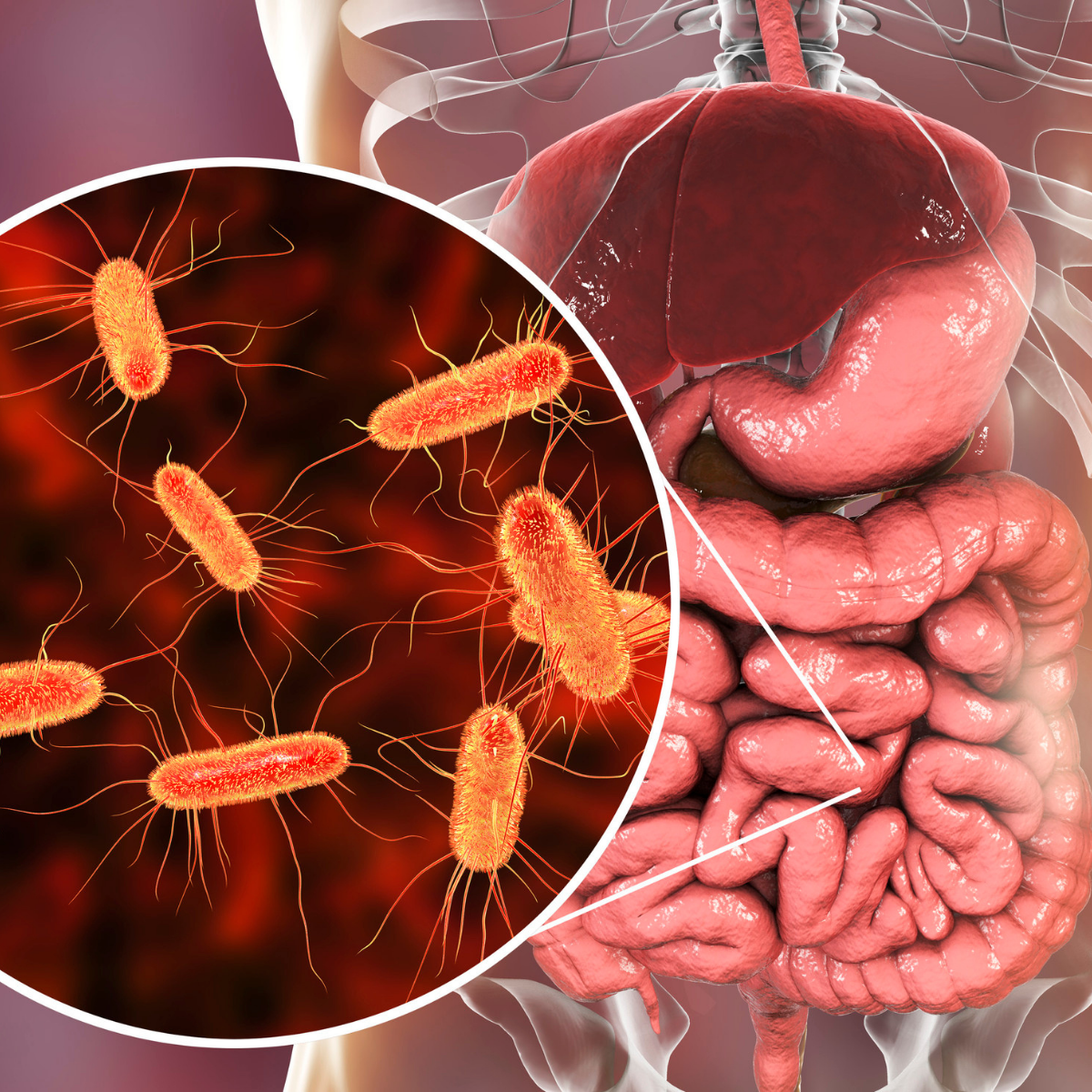Causes and risk factors
E coli bacteria enter human body from consuming contaminated drink and food such as unpasteurized milk, raw beef etc. It causes intestinal infection.Intestines have a rich flora of homeless bacteria which helps in digestive function. Medications like antibiotics disturb the balance between the healthy and harmful bacteria in the intestine. This gives bacteria like E coli an opportunity to over grow. During their overproduction they release toxins which cause irritation and inflammation of the colon leading to colitis.It can also occur from person to person contact i.e. if an infected person with unwashed hands after a bowel movement comes in contact with healthy person.Other risk factors include weakened immune system, young persons or older people, people with decreased levels of gastric acids due to overuse of medications like antacids. UTI caused by E coli is due to entry of organism through the urethra. It invades the urinary tract and multiplies in the bladder leading to infection and inflammation. Respiratory infections by E coli are due to entry of the bacteria present elsewhere in the body, into the lungs. It can invade any part of the body.
Clinical presentation
Patient with E coli infection in the intestine presents with profuse diarrhoea which may be watery or bloody, severe abdominal pain and cramping [colicky pain]. Nausea, vomiting, loss of appetite followed by dehydration is seen. It can be associated with fever and malaise. Food poisoning is a common disease caused by E coli. Urinary tract infection due to the organism consists of symptoms like burning micturition, frequent urging to micturate, urgency for urination, bloody or cloudy urine, pelvic pain, rectal pain. Respiratory infections caused by E coli include pneumonia with symptoms like shortness of breath, increased respiratory rate, increased respiratory secretions, and crackles heard while auscultation.
Investigation
Medical history by the patient and Clinical examination by the doctor helps in diagnosis.Tests such as routine Haemogram, urine analysis, stool examination is done. Sputum examination is done. Imaging studies like USG abdomen, Colonoscopy or Sigmoidoscopy, abdominal x-ray, chest X ray, CT scan will help in further evaluation.
Treatment
Medications include antibiotics, analgesics, NSAIDs, anti emetics. Fluid replacement therapy to replace the fluid loss due to diarrhea.Surgery is indicated in severe cases or cases that do not respond to conservative measures.
Other Modes of treatment
The other modes of treatment can also be effective in treating E coli infection.Homoeopathy is a science which deals with individualization considers a person in a holistic way. This science can be helpful in combating the symptoms. Similarly the ayurvedic system of medicine which uses herbal medicines and synthetic derivates are also found to be effective in treating E coli infection.






























